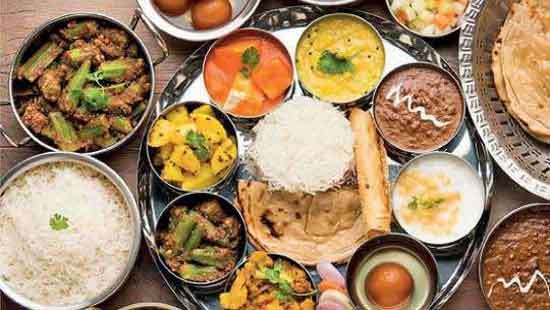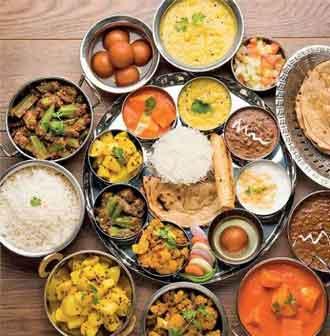Reply To:
Name - Reply Comment

By Nishel Fernando
 Sri Lanka is witnessing growing interest from popular Indian restaurant brands, reflecting the country’s market potential and its steady recovery post-economic crisis, according to Colombo-based market research agency Sparkwinn Research.
Sri Lanka is witnessing growing interest from popular Indian restaurant brands, reflecting the country’s market potential and its steady recovery post-economic crisis, according to Colombo-based market research agency Sparkwinn Research.
Notably, Colombo and Jaffna have emerged as hotspots particularly for South Indian-based restaurant brands.
“Chennai-based Salem RR Briyani expanded its operations to Jaffna a couple of months ago. Now, Erode Amman Mess and Chennai-based Adyar Ananda Bhavan are ready to welcome Sri Lankan consumers,” Sparkwinn Research stated.
The agency highlighted several factors driving this heightened interest among Indian restaurant brands. These include pent-up demand for dining, which was disrupted due to the Covid pandemic and economic crisis, as well as a growing middle class and increasing urbanisation where more Sri Lankans are now seeking convenient, high-quality, and global food options, creating a fertile ground for international brands.
This is in amidst a lack of innovation and modernisation among local players which has opened up a vacuum, offering opportunities for foreign entrants, according to Sparkwinn Research.
The recent economic and forex crises have also resulted in lower real estate prices, making it more affordable for international brands to establish operations, retail stores, or franchises in Sri Lanka.
The rebound in tourism has provided an added safety net for international brands entering the Sri Lankan market. India, in particular, remains as the top contributor to tourist arrivals. The resumption of passenger ferry services between Nagapattinam in Tamil Nadu and Kankesanthurai in Sri Lanka, along with proposals for a second ferry service between Rameshwaram and Talaimannar stand to further strengthen connectivity and cross-border opportunities.
In addition, Sparkwinn Research also observed a possible shift in Sri Lankan consumers’ tastes
and preferences.
“Are people moving away from fast-food and QSR (Quick Service Restaurant) options in favour of Indian, Arabic, or traditional food over Western cuisines?” the agency queried, suggesting a potential trend toward more culturally familiar dining options.